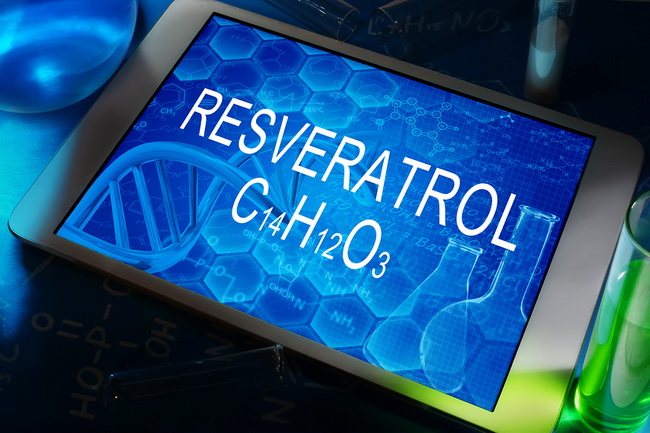- Make It Yourself Lavender Heart-Shaped Bath Bombs!
- 20 Things You Never Knew About “Down There”
- 12 Best Foods For Those Suffering From Arthritis Pain
- 12 Personal Hygiene Mistakes Almost Everyone Makes (Mom Never Told You About #4!)
- 15 Medicinal Plants And Herbs From The Cherokee People
- 12 Mind-Blowing Benefits Of Drinking Coconut Water During Pregnancy
- 12 Outstanding Winter Foods That Won’t Fatten You Up Like A Christmas Turkey
Top 6 Reasons You Should Take a Resveratrol Supplement

Photo credit: bigstock.com
4. Diabetes
Resveratrol can prevent insulin resistance. This is when the body becomes less sensitive to the effects of this hormone which lowers blood sugar levels. Insulin resistance is the precursor to diabetes and resveratrol can help stop this from occurring.
5. Increased Longevity
Studies done with mice showed that resveratrol might help protect us from some of the effects that unhealthy lifestyle habits might bring us. Mice that were fed resveratrol and a high calorie diet lived significantly longer than mice that were fed the same but not given resveratrol supplements. Scientists believe that this works by mimicking the effects of a calorie restricted diet.
SEE ALSO: Live Longer with These Top Immortality Herbs and Spices
6. Increased Endurance
A Canadian study showed that when rats were fed resveratrol supplements over a 12 week period, it resulted in oxidative metabolism, an increase in endurance, and improved heart function. In fact, the combination of endurance training with resveratrol supplements resulted in an incredible performance increase of 21 percent. So if you haven’t thought much about doing some serious interval training, resveratrol supplements might make things easier for you.
Keep in mind that the dosages in many resveratrol supplements are far lower than the amounts that were given in studies. Many supplements have between 250 to 500 milligrams of resveratrol. In most of the animal studies, you would need to consume at least 2 grams (2,000 milligrams) of this supplement, or more, every day.
Sources:
http://www.mayoclinic.org/diseases-conditions/heart-disease/in-depth/red-wine/ART-20048281?pg=2
http://www.ncbi.nlm.nih.gov/pubmed/16507749
http://circ.ahajournals.org/content/111/2/e10
































